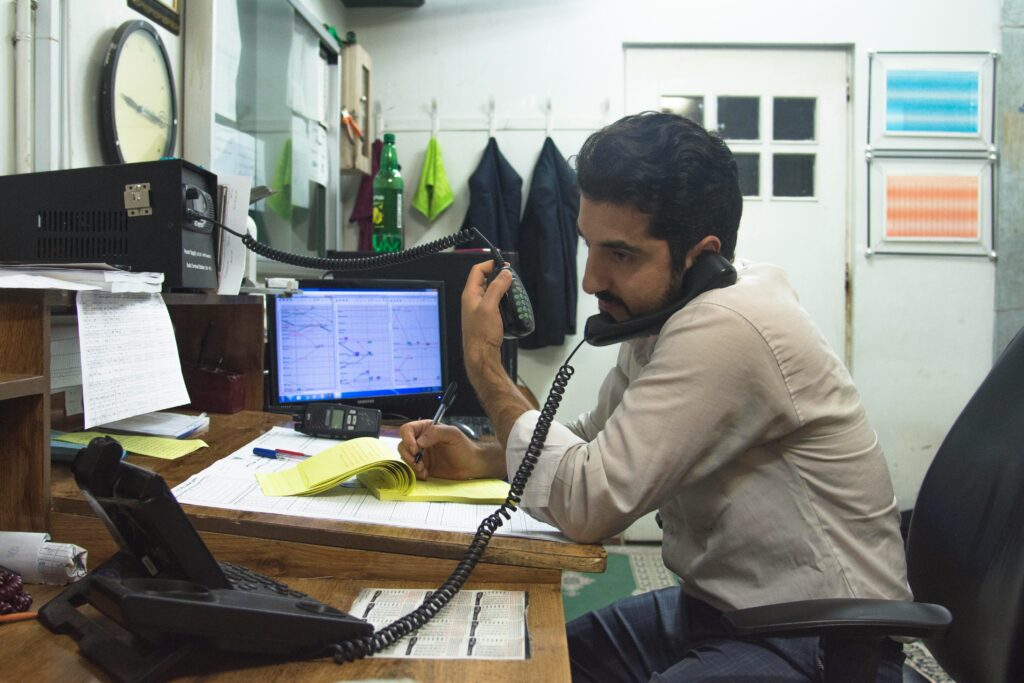
Introduction: The Freedom Paradox
Work-life balance as a remote freelancer is more important today than ever before. 🌍 While freelancing offers freedom, flexibility, and opportunities to design your own schedule, it also comes with challenges. Many remote freelancers blur the line between “work” and “home,” leading to burnout, low productivity, and even poor mental health.
In fact, surveys in 2025 show that 65% of freelancers struggle to disconnect from work after office hours. The constant pressure of client deadlines, irregular income, and the urge to “always be available” makes balance even harder. “That’s why maintaining a healthy work-life balance as a remote freelancer is more important than ever in 2025.”
The good news? With the right strategies, tools, and mindset, you can build a sustainable lifestyle that helps you thrive both personally and professionally.
In this detailed guide, you’ll discover actionable tips, modern tools, and proven practices to help you achieve the perfect work-life balance.
What Does Work-Life Balance Mean for Remote Freelancers
Work-life balance doesn’t mean splitting your time 50/50 between personal life and work. Instead, it’s about creating harmony between the two—so that your career grows without sacrificing your health, happiness, or relationships.
For freelancers, balance means:
Setting clear boundaries with clients.
Managing flexible schedules without overworking.
Prioritizing well-being while still meeting deadlines.
Choosing projects that align with personal and financial goals.
📌 Example: A freelancer working 6 focused hours daily, exercising in the morning, and spending evenings with family has a better balance than someone working 12 hours non-stop just to chase clients.
👉 For more about building a strong freelance career, check out
“Why Work-Life Balance as a Remote Freelancer Is Hard to Maintain”

Unlike traditional employees, freelancers don’t have fixed working hours or managers setting boundaries. Challenges include:
Unpredictable workloads – sometimes too much, sometimes none.
Client pressure – being available 24/7 to keep them happy.
Isolation – lack of social interaction compared to office life.
Blurring roles – working at home means personal and professional spaces mix.
Financial stress – not knowing when the next project will come.
Distractions – working from home (or cafés) often means dealing with noise, family interruptions, or digital temptations.
According to Forbes, freelancers often struggle more with balance compared to in-office workers because they manage everything alone—clients, deadlines, finances, and even marketing.
10 Strategies to Maintain Work-Life Balance as a Remote Freelancer
1. Set Clear Boundaries with Clients
Freelancers often feel pressure to respond to clients at any time of day. But saying “yes” to everything leads to exhaustion.
Define your working hours.
Mention availability in contracts.
Use autoresponders for emails after hours.
📌 Example: Instead of replying at midnight, set an email automation that says, “Thanks for reaching out! I’ll get back to you during my working hours (9am–6pm).”
2. Design a Dedicated Workspace
Working from your bed or couch feels flexible, but it kills productivity.
Set up a small home office or quiet corner.
Use ergonomic furniture for health.
Keep work and relaxation spaces separate.
👉 Read more about remote productivity setups here: Ultimate Guide to Time Management for Remote Workers
3. Plan Your Week with Time-Blocking
Instead of reacting to tasks, schedule them.
Assign specific time blocks for work, rest, and personal activities.
Use tools like Google Calendar or Trello.
Prioritize high-energy tasks in the morning.
This way, you avoid “always being on” and enjoy guilt-free downtime.
4. Learn to Say "No"
Not every project is worth your time. Saying “yes” to low-paying, high-stress work affects your quality of life.
Evaluate if a project aligns with your goals.
Decline politely, suggesting alternatives if needed.
Focus on high-value clients who respect your time.
5. Automate and Delegate
Freelancers often try to do everything alone. Instead:
Automate invoices and contracts with tools like FreshBooks.
Use AI writing tools (like ChatGPT) for drafting outlines.
Outsource small tasks (e.g., design, admin work) on Fiverr or Upwork.
👉 Related resource: Fiverr Marketplace (External link).
6. Take Regular Breaks and Rest Days
Balance requires rest as much as work.
Follow the Pomodoro Technique (25 minutes work, 5 minutes break).
Schedule at least 1–2 full days off weekly.
Use breaks for movement, meditation, or short walks.
7. Prioritize Health and Fitness
A freelancer’s lifestyle is often sedentary. Staying active is essential for focus and energy.
Exercise at least 30 minutes daily.
Maintain healthy meals and hydration.
Practice mindfulness to reduce stress.
8. Practice Digital Detox
Constant screen time leads to fatigue. To maintain balance:
Limit social media scrolling during work.
Set “no screen” hours before bed.
Use apps like RescueTime to track distractions.
9. Build a Morning Routine
How you start your day affects the entire workflow.
Wake up at the same time daily.
Do light exercise or meditation.
Plan your top 3 priorities before starting client tasks.
10. Stay Connected with Community
Freelancing can feel lonely. Combat isolation by:
Joining online groups (LinkedIn, Facebook, Reddit).
Attending coworking spaces or meetups.
Networking with other freelancers for collaboration.
Tools That Support Work-Life Balance for Freelancers
Productivity Tools
Using productivity apps can play a big role in improving work-life balance as a remote freelancer.”
Trello – organize projects with boards.
Google Calendar – plan deadlines and breaks.
Notion – all-in-one notes, tasks, and knowledge hub.
Asana – manage large client projects efficiently.
Communication Tools
Slack – streamline client chats.
Zoom – schedule calls instead of endless email threads.
Microsoft Teams – useful for corporate freelancing contracts.
Wellness Tools
Headspace – meditation app for mental clarity.
Forest App – stay focused by planting virtual trees.
Calm – sleep and relaxation aid.
RescueTime – track how you spend time online.
Common Mistakes Freelancers Make with Work-Life Balance
1. Working without a fixed routine – leads to irregular sleep and productivity crashes.
2. Saying “yes” to every client request – creates stress and resentment.
3. Skipping breaks and working late nights – long-term health problems.
4. Mixing personal and work expenses – financial confusion and stress.
5. Not setting clear project boundaries – scope creep and unpaid extra work.
6. Ignoring self-care – mental health decline.
Avoiding these mistakes can save you from burnout and stress.
FAQs About Work-Life Balance as a Remote Freelancer
Q1: How can I avoid distractions while working from home?
A: Designate a distraction-free workspace, use apps like Forest to stay focused, and set clear boundaries with family members.
Q2: What should I do if a client doesn’t respect my working hours?
A: Politely reiterate your availability and consider using contracts that specify working hours and communication protocols.
Q3: How can I stay motivated when working alone?
A: Set daily goals, reward yourself for accomplishments, and maintain a routine that includes social interactions.
Q4: Is it possible to balance freelancing with family responsibilities?
A: Yes! Plan your schedule around your family’s needs, communicate openly with them, and don’t hesitate to ask for support.
Q5: What are the signs of burnout, and how can I prevent it?
A: Signs include exhaustion, lack of motivation, and decreased productivity. Prevent burnout by taking regular breaks, setting realistic goals, and prioritizing self-care.
Conclusion
Work-life balance as a remote freelancer is not a luxury—it’s a necessity for long-term success. By setting boundaries, using productivity tools, and prioritizing health, you can enjoy both a thriving career and a fulfilling personal life.
Freelancing should give you freedom, not chain you to your laptop. The key is creating routines, choosing the right clients, and giving equal importance to rest.
Remember: success as a freelancer is not just about income, but also about lifestyle, health, and happiness. “Ultimately, mastering work-life balance as a remote freelancer in 2025 ensures long-term success, happiness, and sustainability.”
👉 Want more tips? Explore our blog: RemotePro Life
